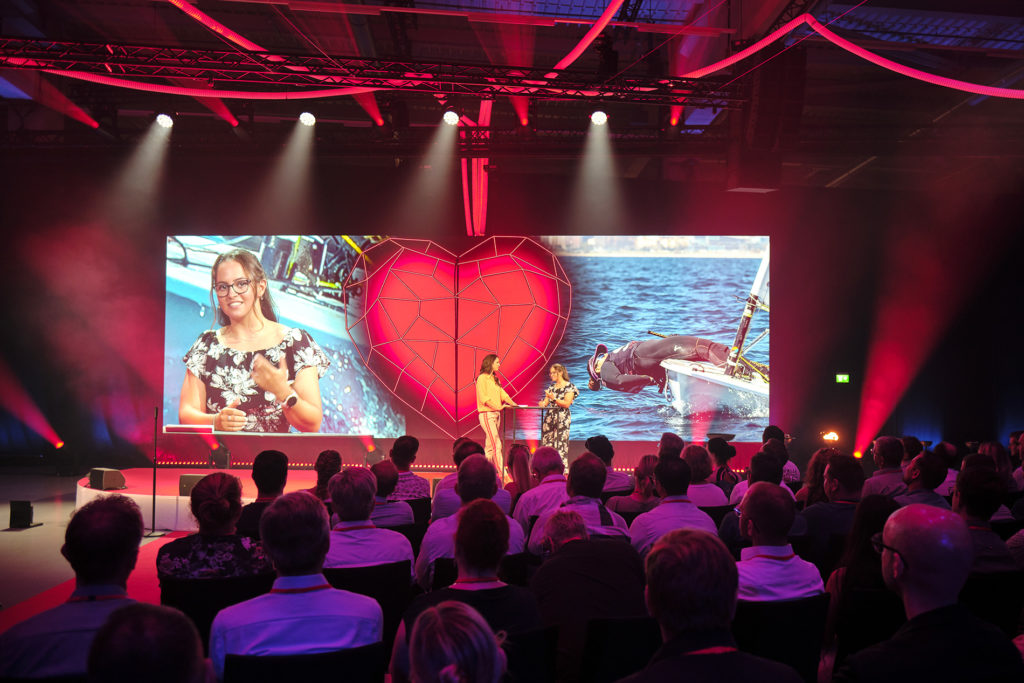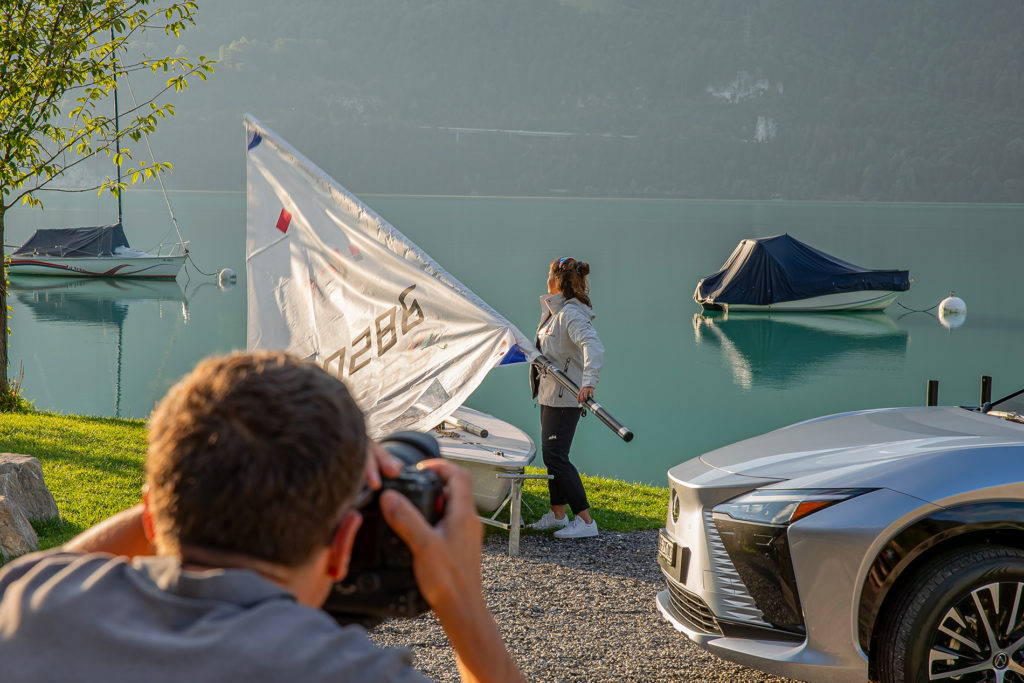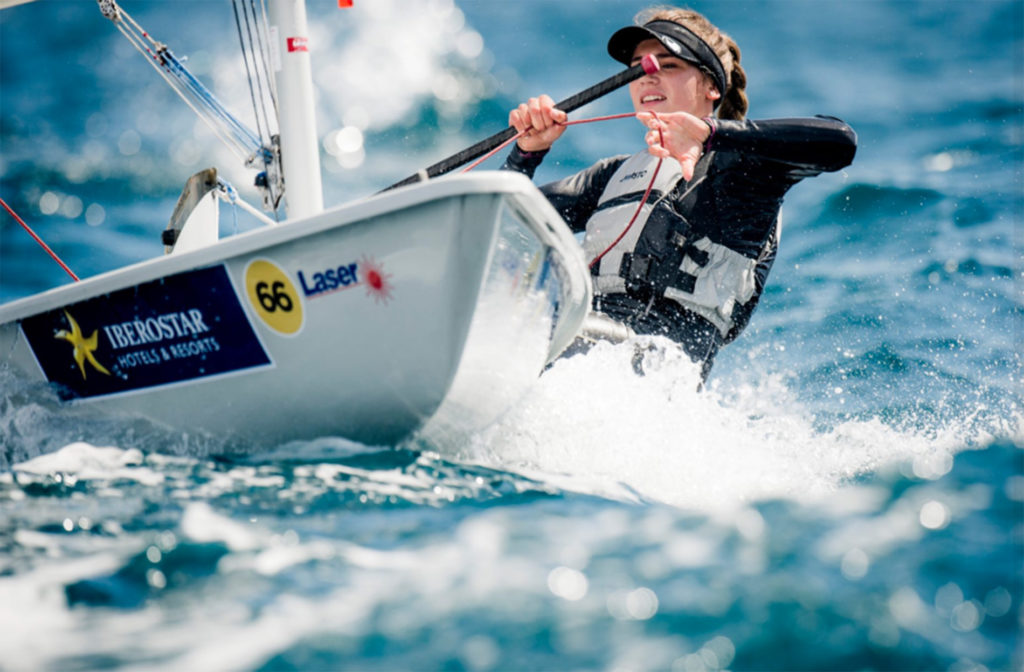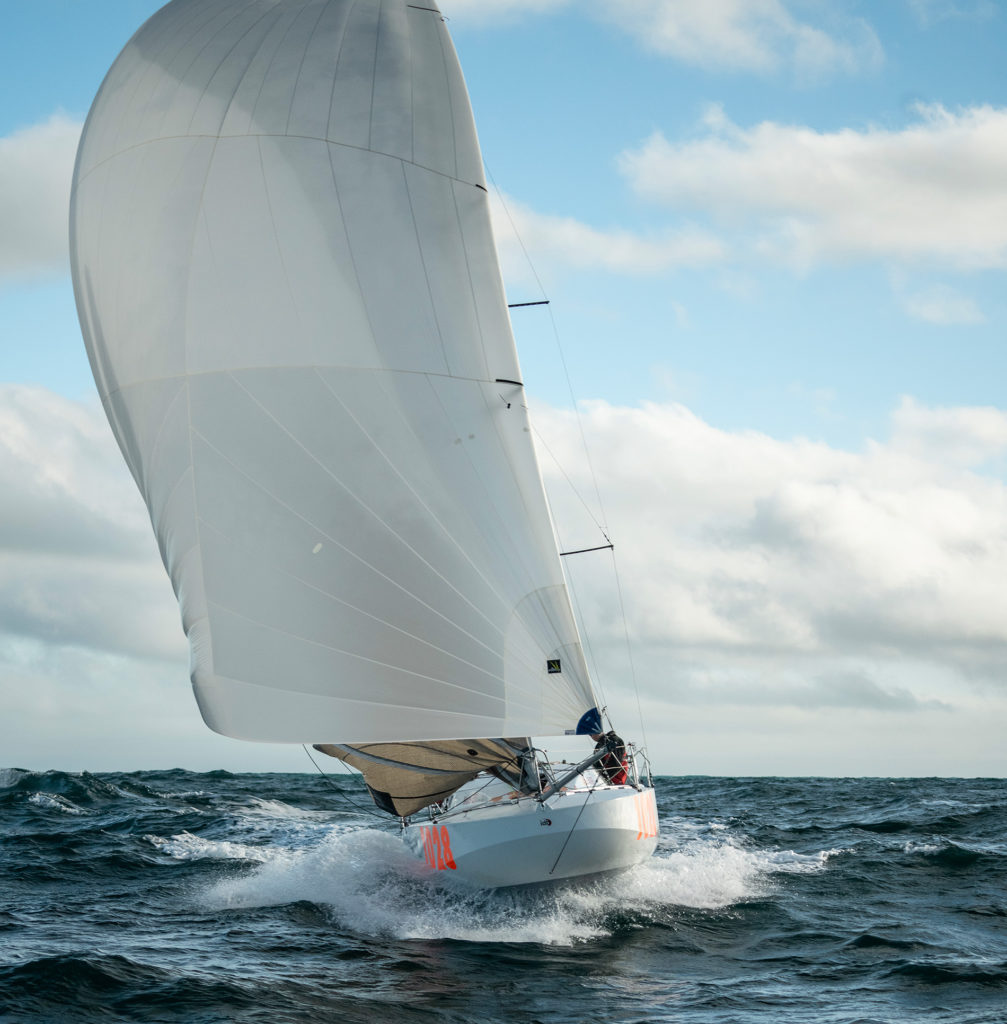Although sailing has attractive features for sponsors, many ambitious projects launched by sailors fail for lack of funds. Effective lobbying is crucial to success.
Text: Walter Rudin
To reach the top of the world rankings, it’s not enough to train in optimal conditions and benefit from top-quality coaching by the best trainers, mental coaches and physical trainers. You also need the right equipment, logistics and accommodation. All of which adds up to considerable costs. State financial support in the form of sports grants or lottery funds, while essential, is often insufficient, and sports federations and clubs often lack the means to finance individual athletes, leaving athletes to find personal sponsors.
Sailing is a fascinating sport that conveys many positive values: emotions of all kinds, passion, a strong team spirit and a deep connection with nature and its elements. In recent years, ocean racing, such as the Ocean Race, Vendée Globe or SailGP, has gained in popularity and visibility all over the world, so much so that sponsors have started to take a greater interest. One of the reasons for this craze is undoubtedly technological advances in broadcasting, in particular on-board cameras, which enable us to show as closely as possible the exploits of the racers and the forces they and their equipment have to contend with. With its staggering budgets, the America’s Cup is undeniably at the top of the game. Highly publicized, it easily attracts sponsors.


A vicious circle
For athletes who dream of competing in the Olympic Games, this quest proves more difficult. While an Olympic medal is worth its weight in gold, regattas in traditional classes are far less spectacular and therefore receive less media coverage. A further difficulty is that these racers are often little known to the general public. Many campaigns have been aborted for lack of financial resources.
Good visibility is crucial to finding sponsors. The problem: without good results, there’s no visibility, and without financial support, there’s no good results, at least in most cases. A vicious circle that’s hard to break for anyone who wants to make a career in sailing.
Young Optimist talents are trained professionally from the age of 12. However, joining the elite requires significant financial investment, which not all parents can afford. Not all parents can or want to spend CHF 15,000 a year on their child’s sporting activities. Some young people resort to crowdfunding to finance their projects. For young adults, the requirements are even more exacting. They need a well thought-out strategy and a coordinated approach to succeed. With planning based solely on available means, it’s impossible to get to the top.
The hard work of lobbying
Visibility is the key to securing financing for this “all-in” project. It necessarily involves time-consuming lobbying work. You need active communication with your entourage, in the press and on social networks. Anja von Allmen demonstrated early in her career what effective lobbying can look like. To begin with, she created a website, which she then constantly updated with images. It wasn’t that simple,” says the U21 ILCA 6 runner-up. Unfortunately, there aren’t many photographers on the water. And without good photos and videos, it’s hard to show what makes sailing so pas- sionnante.” Anja was very lucky in this respect. A local journalist regularly wrote about her in the local press. Once she had achieved a certain notoriety, she began to contact potential sponsors. Maud Jayet, twice runner-up in the ILCA 6 and already qualified for the 2024 Olympics, is also well placed to give some tips: “You have to look for sponsors either through contacts in your private circle, or through very specific companies that have a link with sailing. With a company that has no affinity with sailing, it’s often a losing proposition.


Overcoming lean times
For offshore sailors, getting by financially proves even more complicated, as they must first acquire a boat. Felix Oberle, who recently caused a sensation with his 4th place in the Mini Transat, was forced to interrupt his campaign in 2018 due to a lack of sponsors. It was only when he bought a Maxi 650 with his own savings in 2023 that he was able to realize his dream. This is also the path chosen by Anina Fässler, who is also aiming to take part in the Mini Transat. Convinced that there is no campaign without a boat, she bought a Mini and moved to Italy, where she is trying to qualify for the Mini Transat 2025. “To attract sponsors, I want to offer them services in return, such as organizing a team event for the company on the boat,” explains Anina.
Sometimes it takes a bit of luck, as in the case of Anja von Allmen. Lexus was looking for a young athlete from a cool sport for its image campaign. The agency chose sailing and, searching via Google, came across Anja. The ad made an impact – Anja was invited to a La Mobilière customer event with over 400 guests. Maud Jayet benefited from similar notoriety. The young Vaudoise recently found three new sponsors: Balexert, United Orthopedics and Omega.
Success at the Olympic Games or the America’s Cup could help raise the profile of sailing, opening up new sponsorship opportunities and contributing to the development of the sport in Switzerland.

